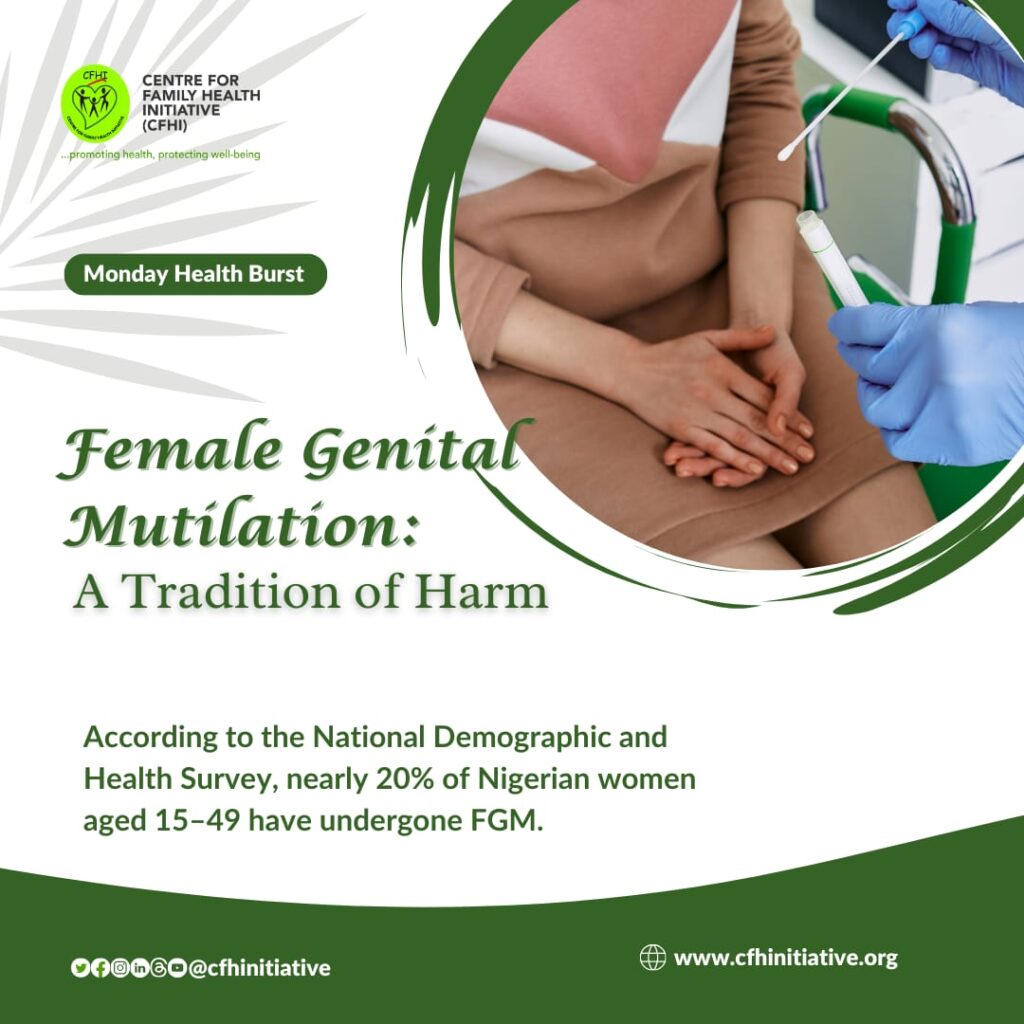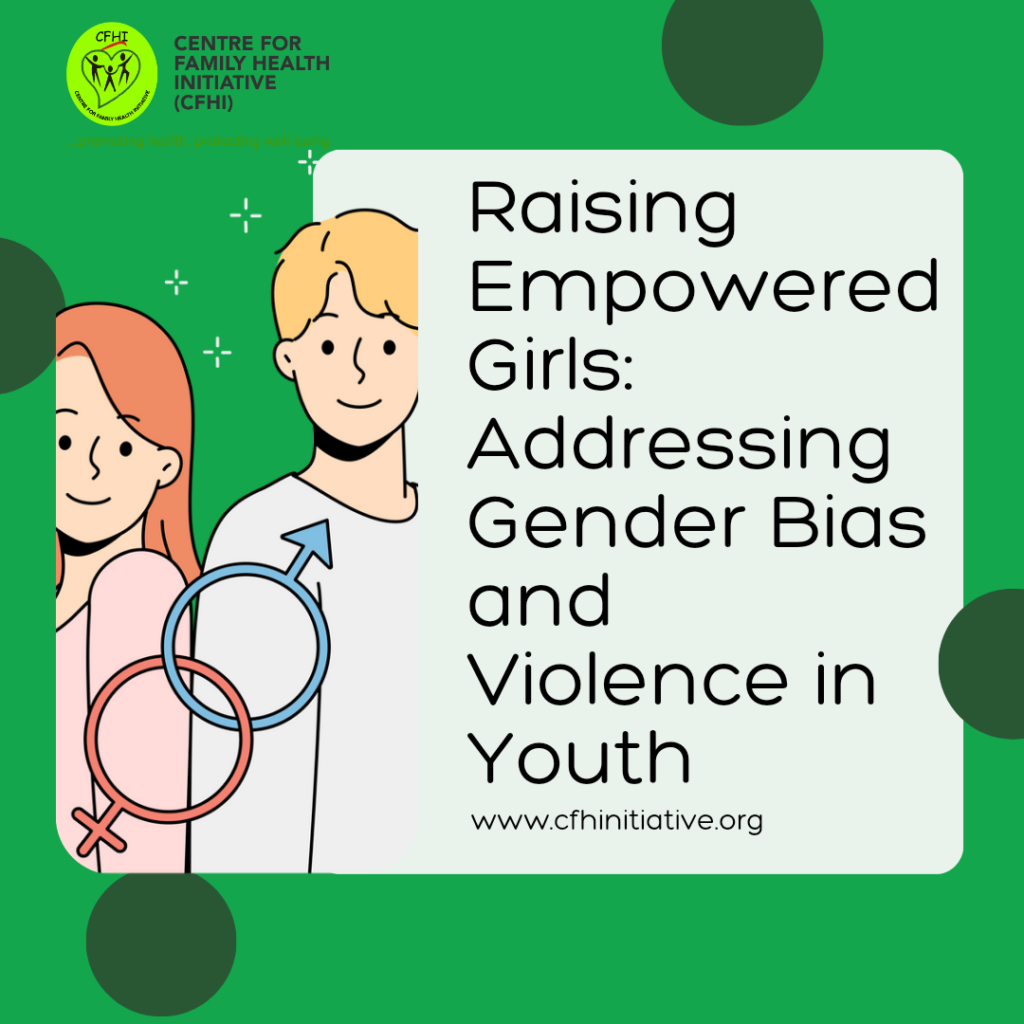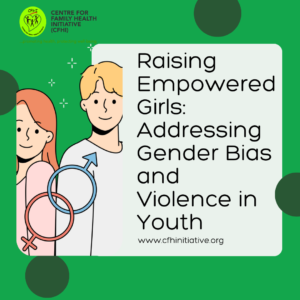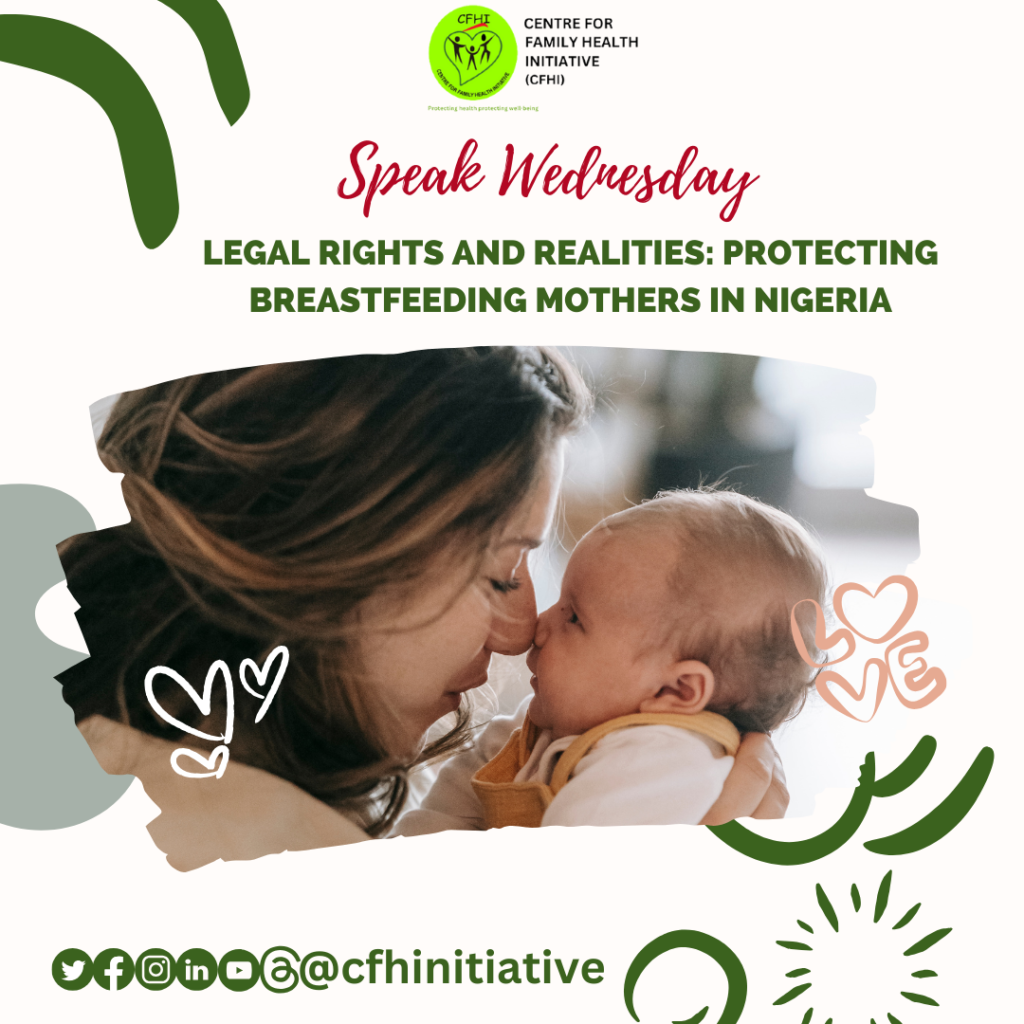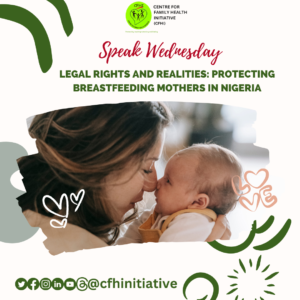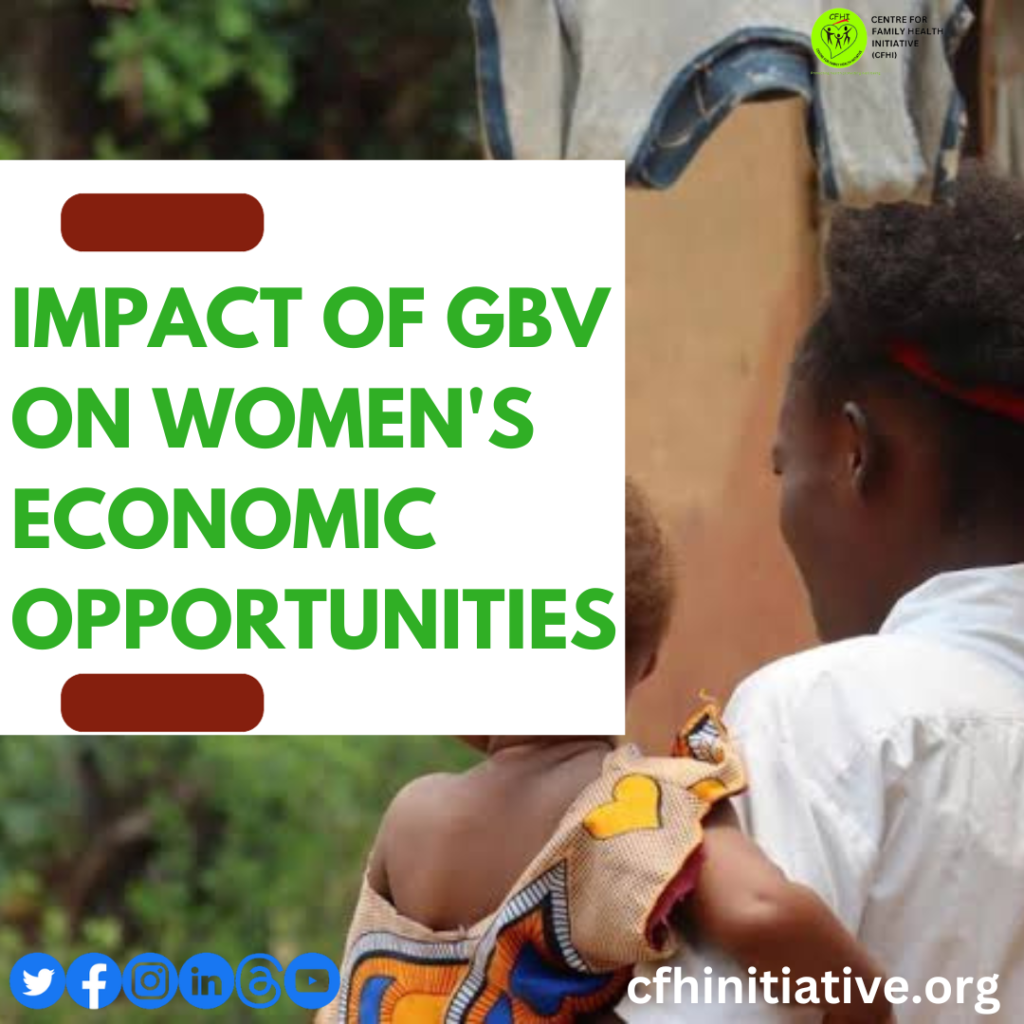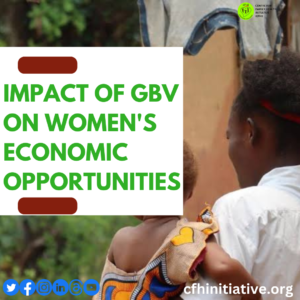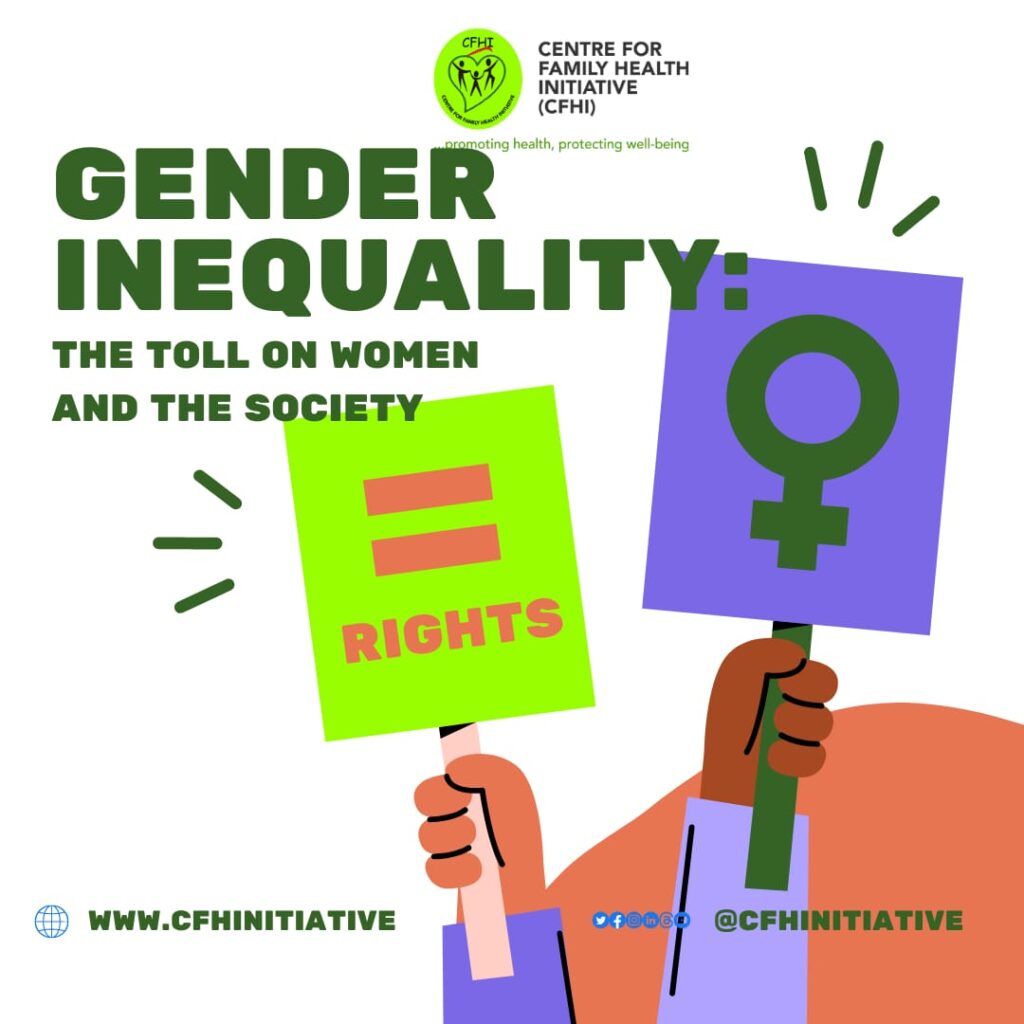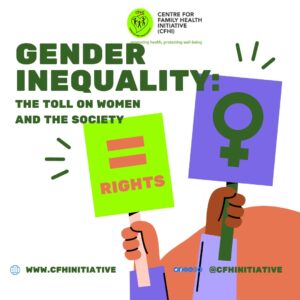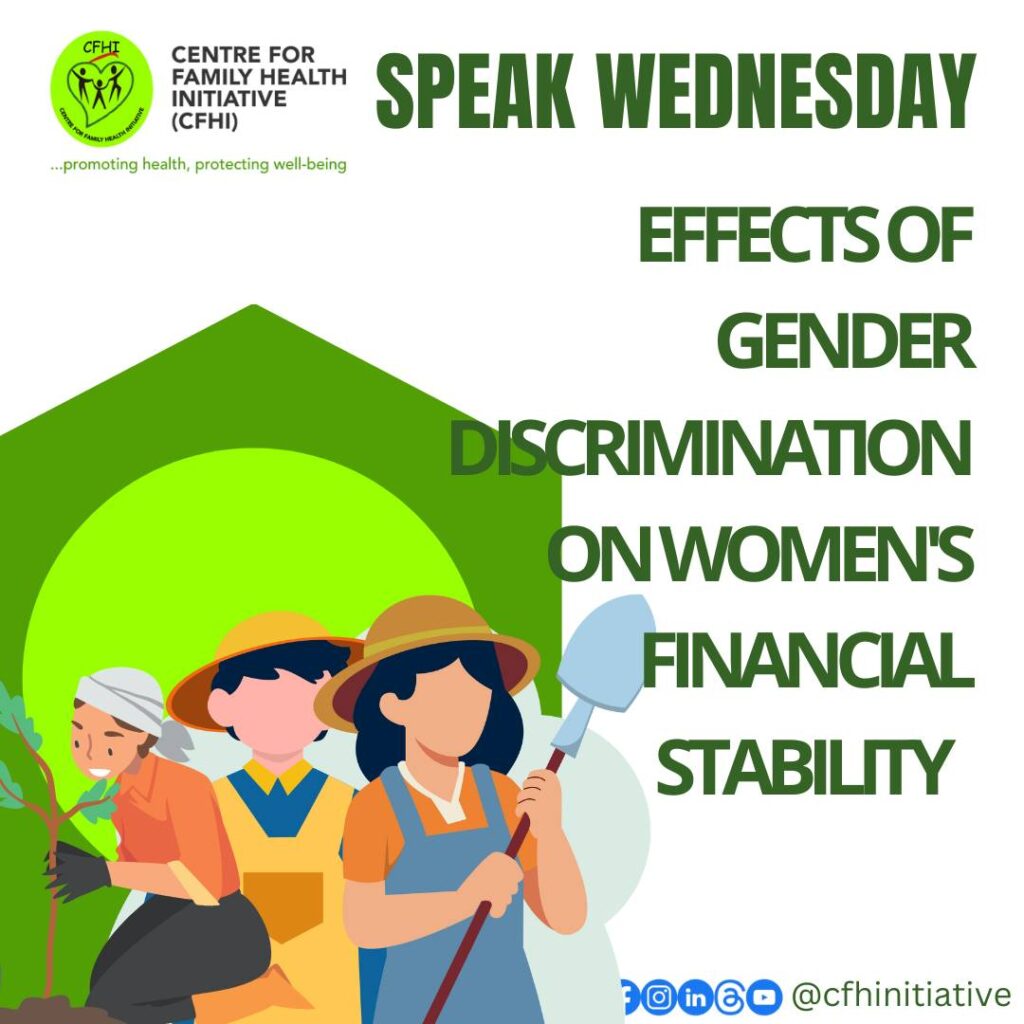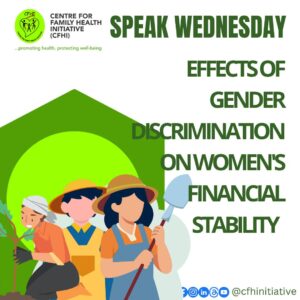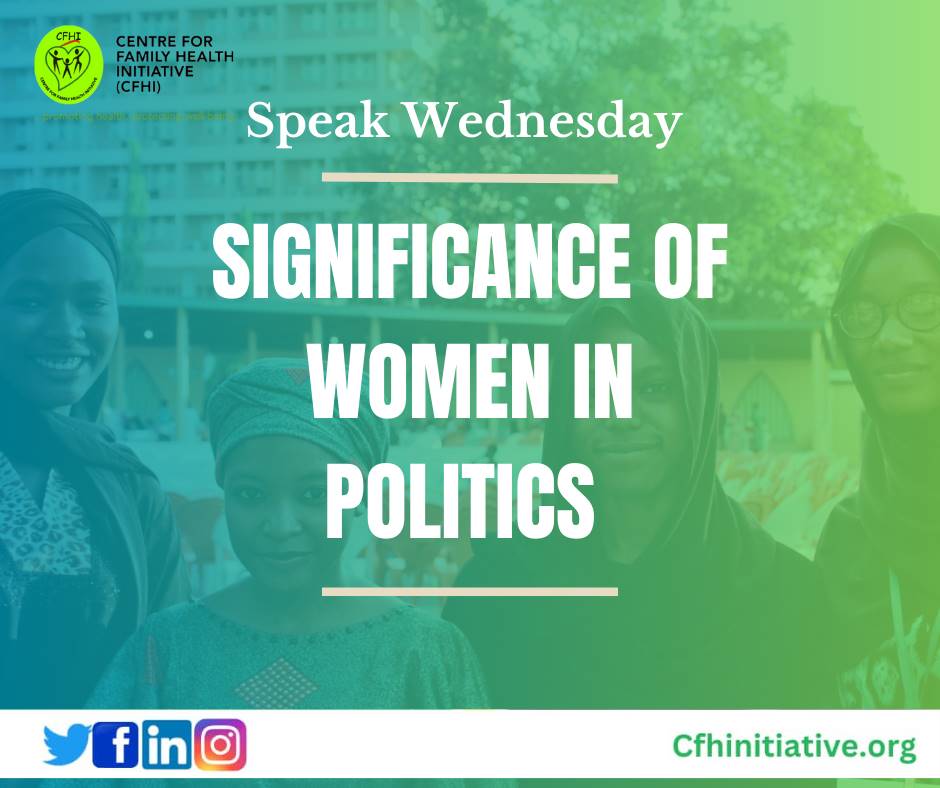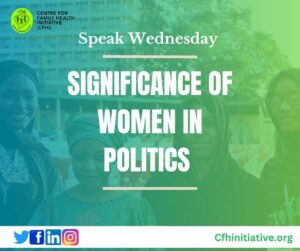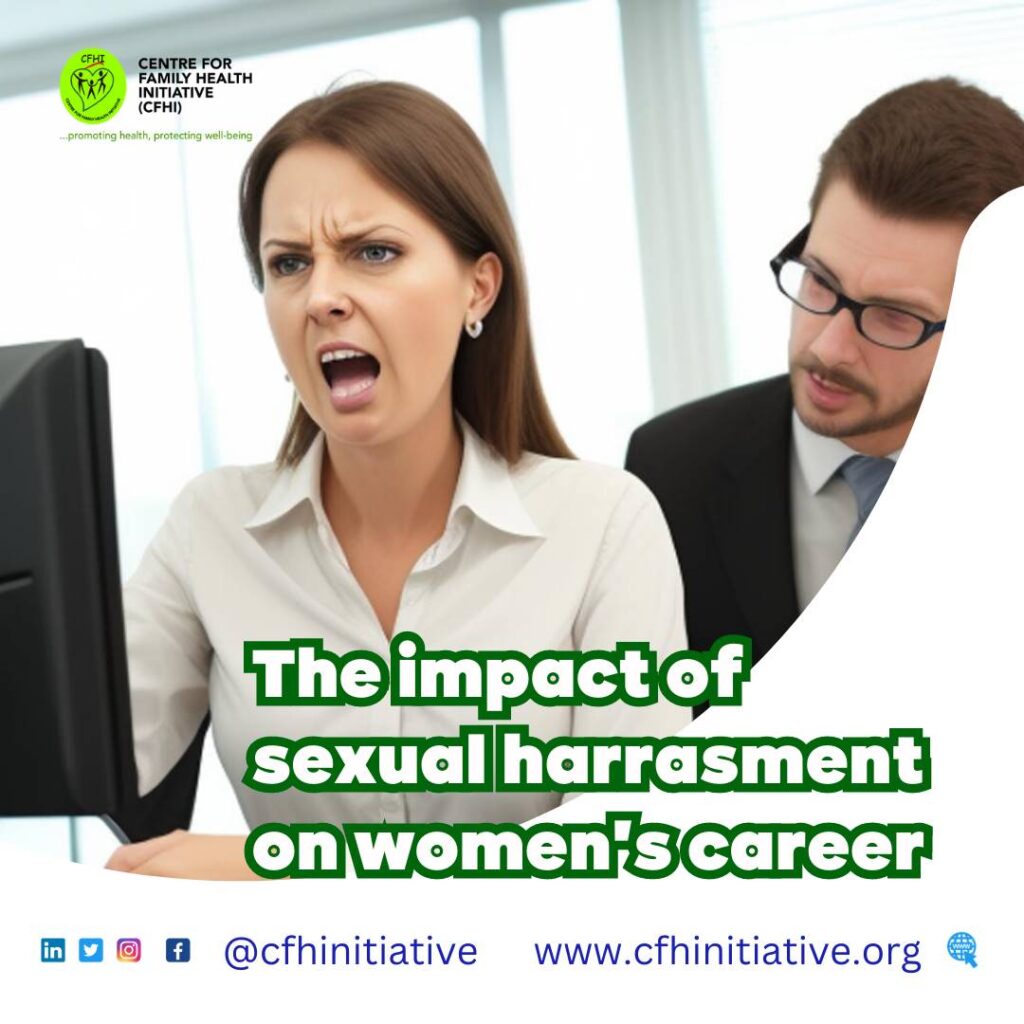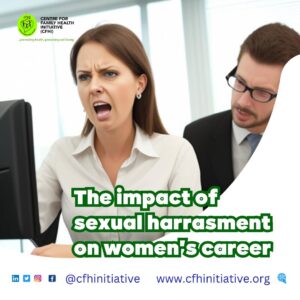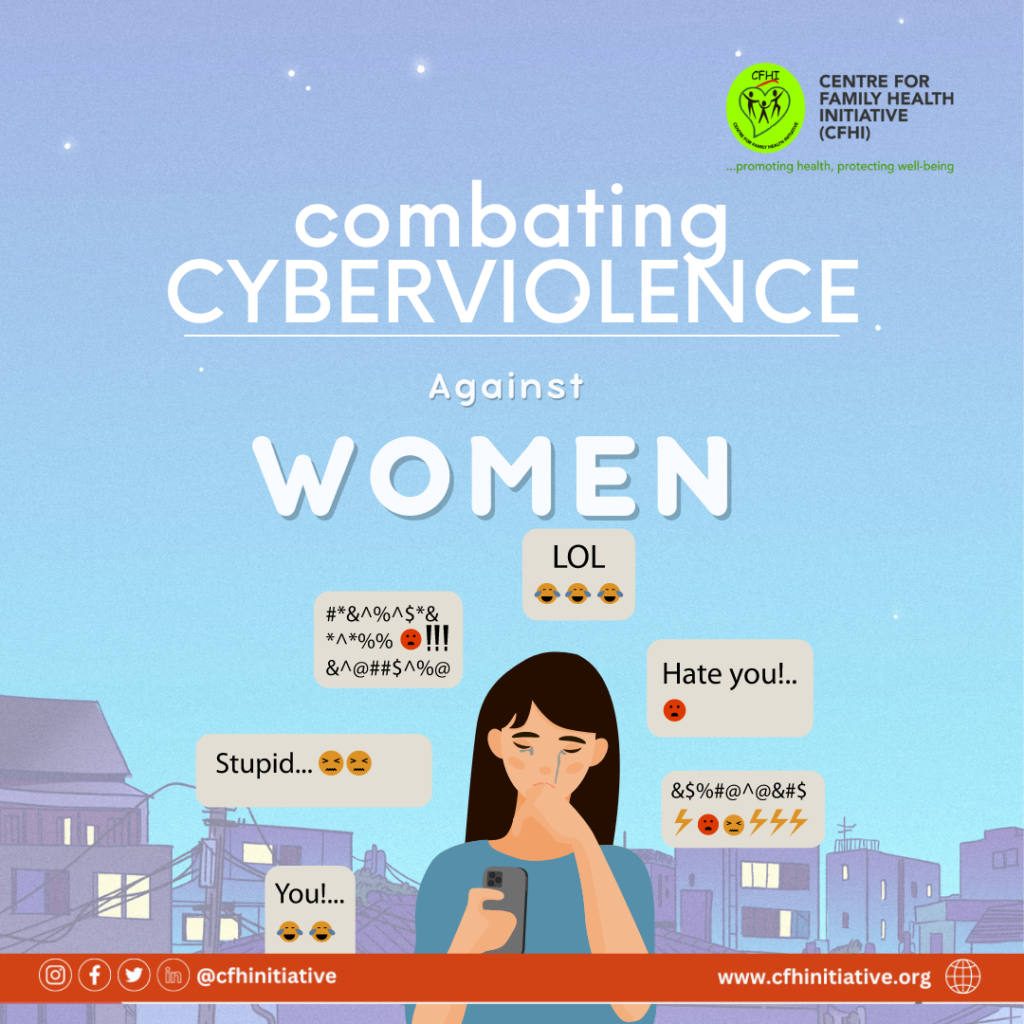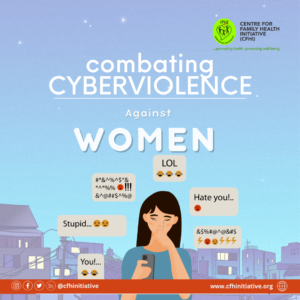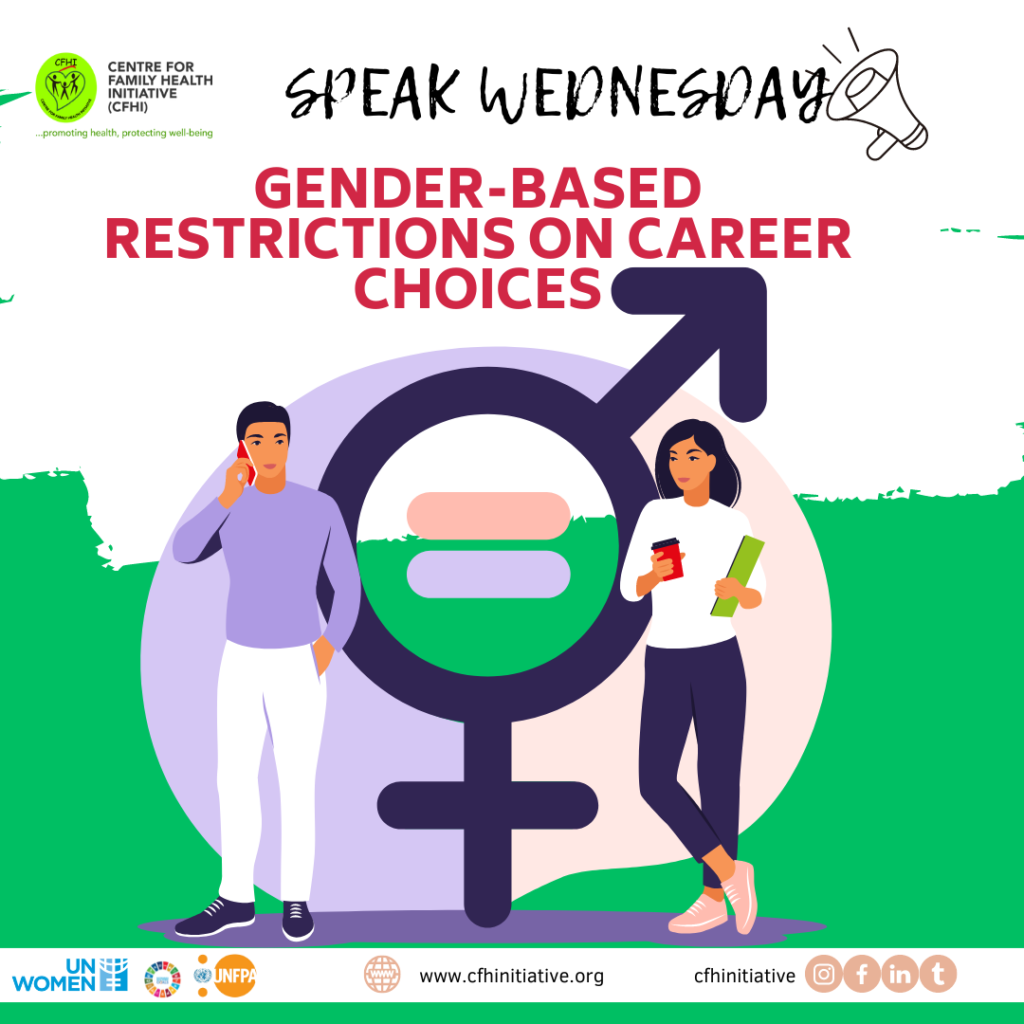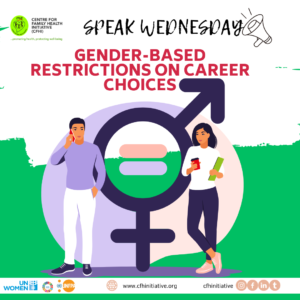SPEAK WEDNESDAY ON FEMALE GENITAL MUTILATION: A TRADITION OF HARM
Female Genital Mutilation (FGM) remains a widespread practice in Nigeria, performed under the guise of tradition, cultural pride, or morality. It involves the partial or total removal of external female genitalia for non-medical reasons, often carried out on young girls with crude tools and no anaesthesia.
FGM is deeply harmful, leading to immediate risks such as excessive bleeding, infections, and even death. Survivors often face long-term health complications, including chronic pain, difficulty during childbirth, and psychological trauma. Despite no medical benefits, it persists in many Nigerian communities, particularly in the South-South, South-East, and South-West regions. According to the National Demographic and Health Survey, nearly 20% of Nigerian women aged 15–49 have undergone FGM.
Why Does It Continue?
FGM persists due to:
- Cultural and Social Norms: Many believe it ensures purity or prepares girls for marriage.
- Patriarchy: It reinforces control over women’s bodies.
- Economic Motives: Traditional practitioners depend on it for income.
Although Nigeria criminalized FGM under the Violence Against Persons Prohibition (VAPP) Act, 2015, enforcement is weak, especially in rural areas. Advocacy groups and survivors are leading education campaigns to challenge myths, empower women, and engage traditional leaders in changing harmful norms.
Ending FGM requires stronger legal enforcement, education, and accessible healthcare for survivors. Community-driven initiatives must replace harmful practices with traditions that celebrate and uplift women.
FGM is not just a cultural practice; it is a form of violence. By confronting its roots and empowering communities, Nigeria can protect future generations from this harmful tradition.
Speak Wednesday is an initiative of CFHI to address issues around gender-based violence and gender bias.
#SpeakWednesday #EndFGM #GenderEquality #StopGBV #ProtectOurGirls #BreakTheSilence
References:
- National Population Commission (NPC) and ICF. (2019). Nigeria Demographic and Health Survey 2018. Abuja, Nigeria, and Rockville, Maryland, USA.
- United Nations Population Fund (UNFPA). (2023). “Female Genital Mutilation in Nigeria.”
- Federal Government of Nigeria. Violence Against Persons Prohibition Act, 2015.
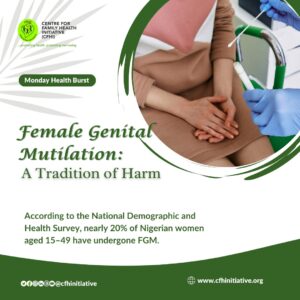
SPEAK WEDNESDAY ON FEMALE GENITAL MUTILATION: A TRADITION OF HARM Read More »

